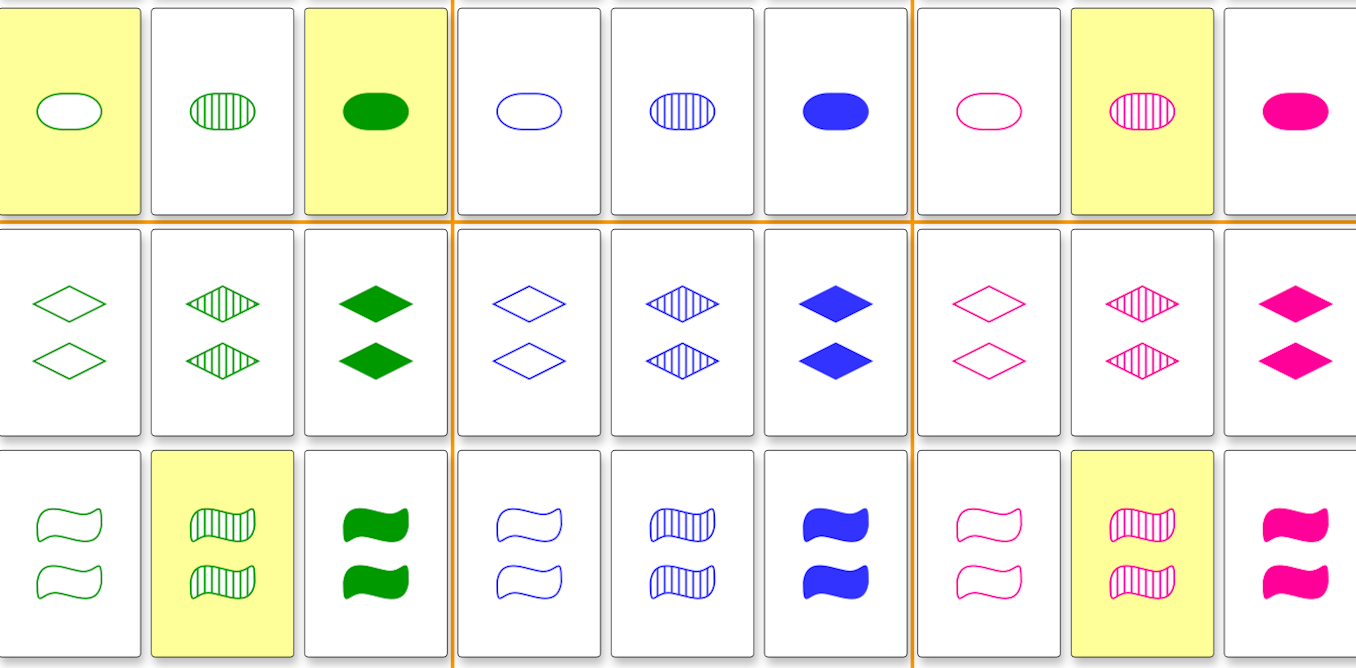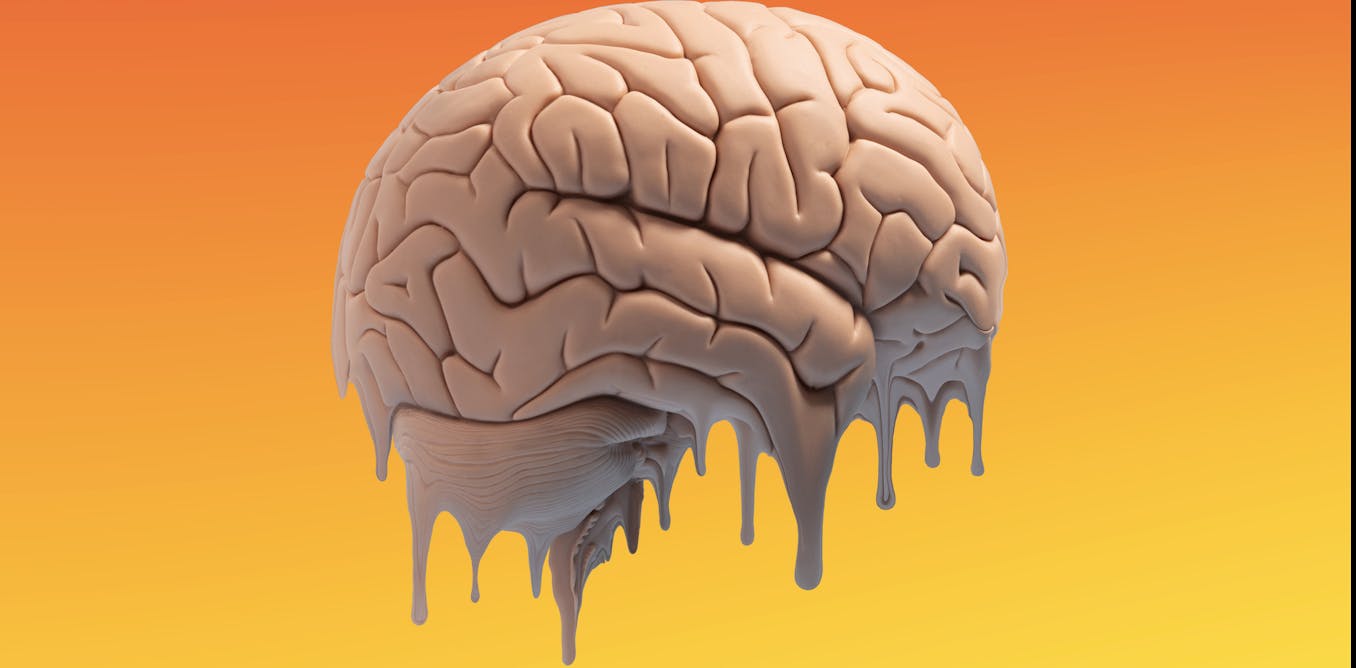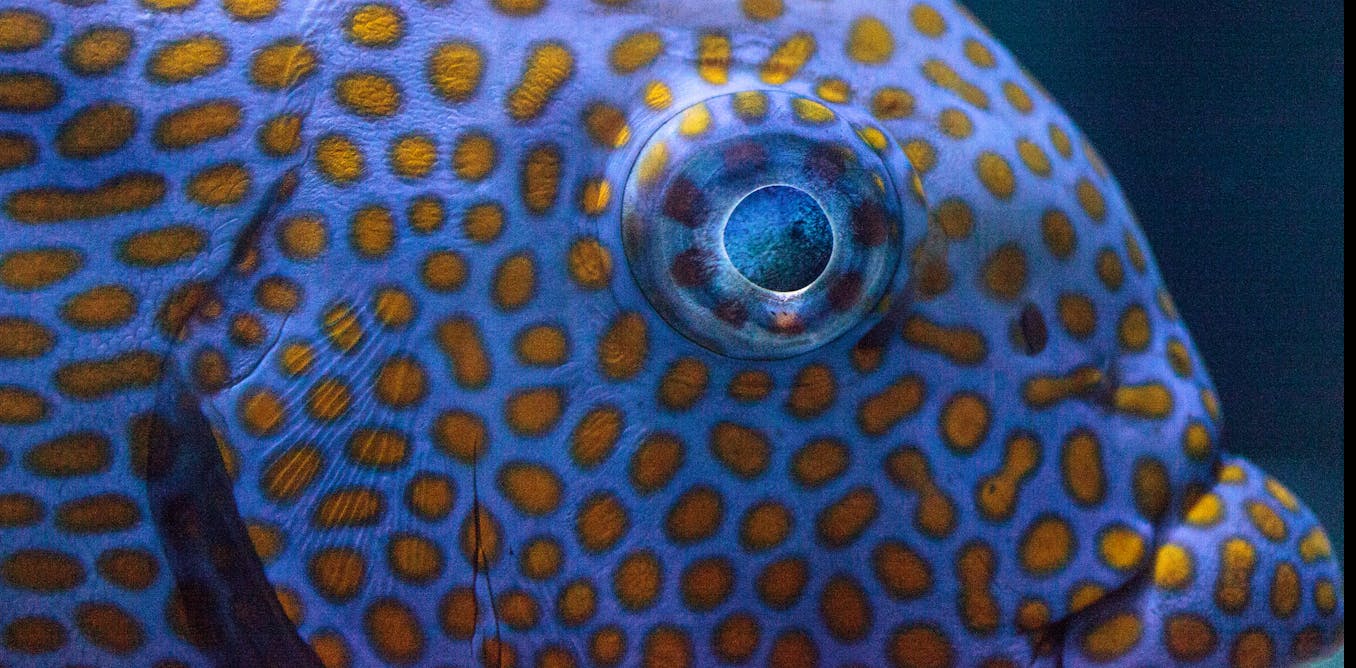How AI and a popular card game can help engineers predict catastrophic failure – by finding the absence of a pattern
What mathematicians call ‘disordered collections’ can help engineers explore real-world worst-case scenarios. The simple card game Set illustrates how to predict internet and electrical grid failures.
March 26, 2024 • ~7 min









